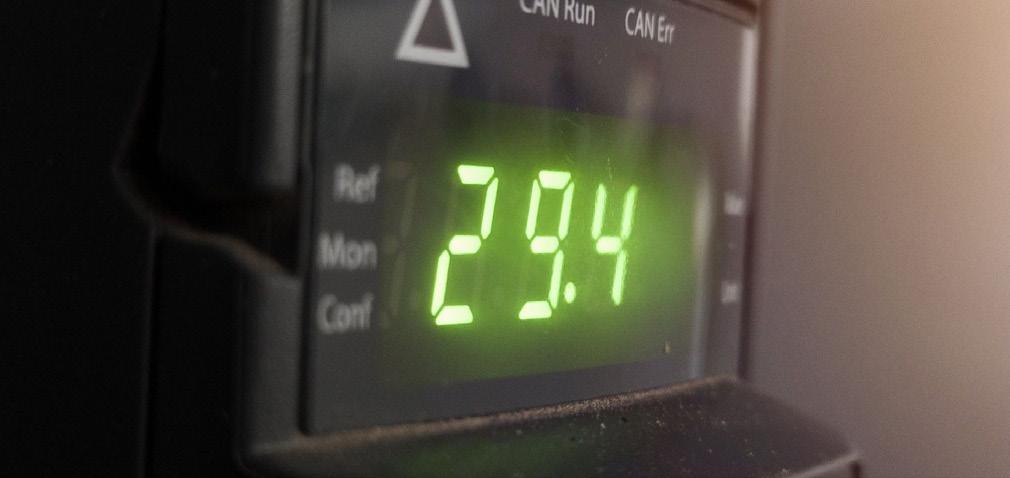
1 minute read
7. PUMP SYSTEMS
by BPMA
Intended for engineers and technicians who are involved in the design, installation, operation, and maintenance of pumping systems and who want to gain a comprehensive understanding of the key factors that influence the performance and reliability of these systems. Previous attendance of the Pumping Fundamentals course or equivalent knowledge is strongly recommended.
Course Description
The Pump Systems course provides a practical approach to understanding the design, operation, and optimization of pumping systems. The course covers a range of topics, including system performance analysis, system curves, pipe sizing and friction losses, pump selection, and control strategies.
Through a series of presentations, case studies, and hands-on exercises, participants will gain the knowledge and skills needed to effectively design and troubleshoot a wide range of pump systems. The course also highlights the importance of considering the entire system, including pumps, components, and ancillary equipment, to achieve optimal system performance.
AFTER THE COURSE STUDENTS WILL BE ABLE TO:
• Understand the terminology of System, Static, Velocity and Friction head
• Appreciate the special considerations of unsteady flow conditions relating to positive displacement pumps
• Describe a “System Curve” and how it is derived
• Determine the performance in multiple pump operations
• The difference and relationship between NPSH, (NPSH)R and (NPSH)A
• Identify problems that are associated with a poor design
Following the course, students will have a solid understanding of how to design, operate, and maintain efficient and reliable pump systems.









